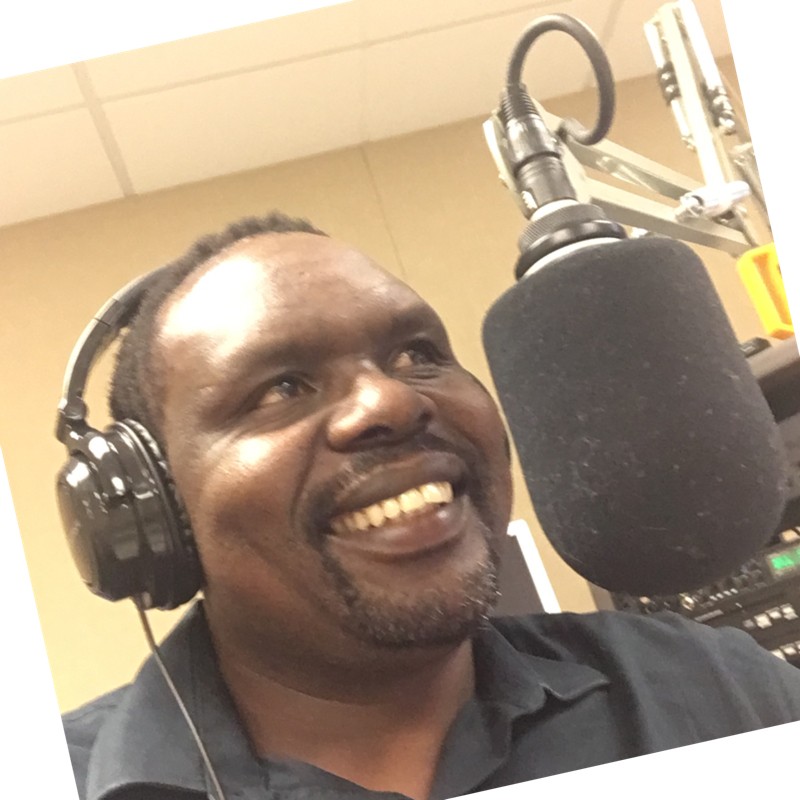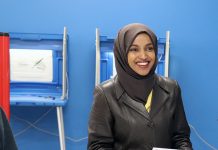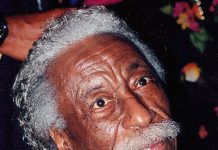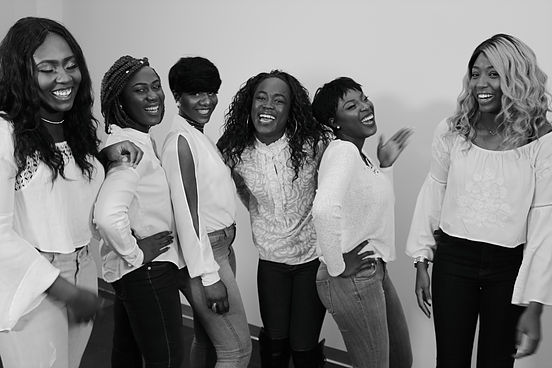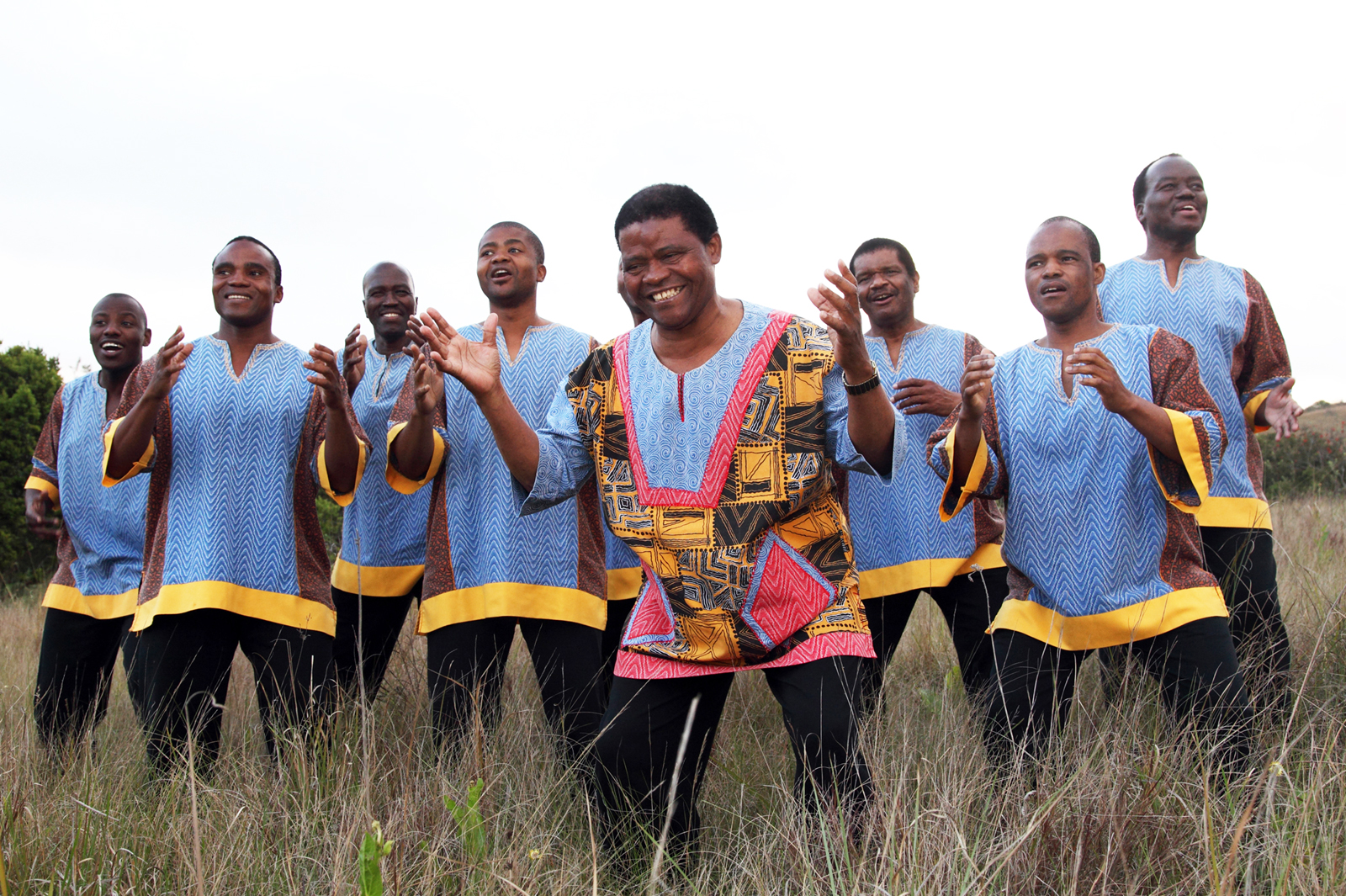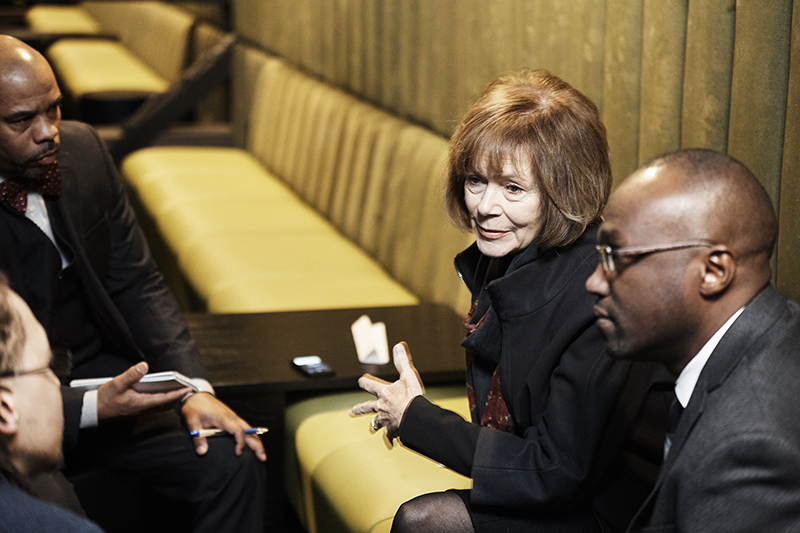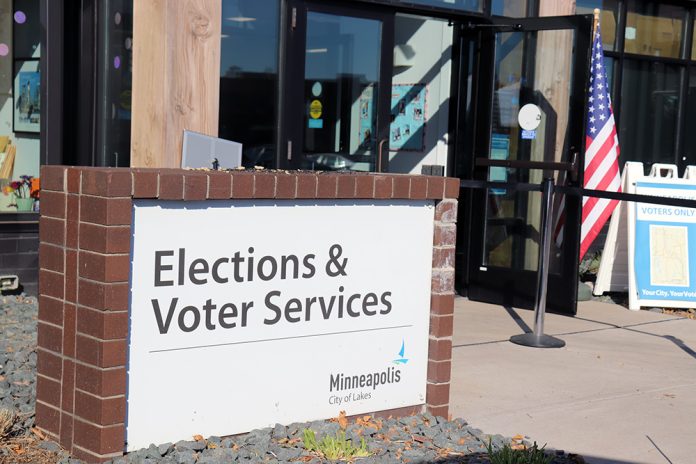
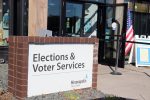
African immigrants should get out and vote in large numbers Tuesday because the 2024 elections could be the most consequential ever for the continent and its Diaspora, according to several leaders from the community.
The leaders include a former elected official, an incumbent up for re-election, and candidates seeking election on both Democratic and Republican tickets. They were responding to a set of questions Mshale sent to them about the role African immigrants could play in the upcoming elections.
“Literally, everything is at stake this election – including our democracy itself,” said Rep. Ilhan Omar, a Democrat seeking re-election to represent Minnesota’s District 5 in the U.S. House of Representatives.
Omar, who was born in Somalia and came to the United States as a child refugee, said she remembered what it was like living under former president Donald J. Trump’s presidency. She said that she and people in her community were afraid when he advanced policies like banning Muslims from entering the United States. She warned that another Trump presidency would be even more devastating to immigrants and refugees.
“His rhetoric this cycle has been even more aggressive, demeaning, and unhinged, and the people who kept him in check during his tenure are no longer around to protect us from his cruelest impulses,” she said. “If we believe in climate action, domestic manufacturing, student debt forgiveness, economic opportunity for all, and democracy, we must vote for Vice President [Kamala] Harris.”
Although Asia leads in the number of immigrants to the Twin Cities’ metro area, African immigrants are the fastest growing demographic. From 2010 to 2021, the population of people born in Africa increased by around 47,000 – a whopping 76.5% — to about 108,000 people, according to Minnesota Employment and Economic Development. With that growth many African-born U.S. citizens have entered politics to advocate for their communities. Mshale counted at least 11 African-born candidates vying for seats in the Nov. 5 elections. In such a tight race between Harris and Trump, the leaders say every African immigrant vote will count.
Fadil Jama, a Somali American running on a Republican ticket for election to represent District 66A in Minnesota’s State Assembly, agreed with Omar that the stakes couldn’t be higher. He urged African-born citizens to participate in elections to ensure that their voices are represented, and their values upheld.
“This election impacts our rights, opportunities, and the future we envision for our families and community,” Jama said. “Every vote from our community counts toward shaping policies that reflect our shared aspirations and protect our hard-earned freedoms.”
Jama said African immigrants should take advantage of what he said was Minnesota’s unique history of inclusivity, strong local leadership, and community networks, which made it “a special state for African immigrants.”
“This state’s open-minded culture and robust civic engagement create an environment where diverse voices can enter and thrive in political spaces,” he said. “The African immigrant community, while often overlooked, has the numbers and organization to influence outcomes in local, state, and national elections. When mobilized, we are a powerful force that can make the difference in close races.”
Jama said a deep desire to represent the underrepresented and to find practical solutions was what motivated him to run for office. He said he chose Trump and the Republican Party because of what he called “shared values of opportunity, economic growth, and community-centered policies that resonate with the aspirations of immigrant communities.”
“A Trump presidency would prioritize economic empowerment, safety, and traditional values that align with many immigrant beliefs,” he said. “On the other hand, Harris’ policies may continue certain social initiatives but could be perceived as less favorable in fostering direct economic advancements for communities like ours.”
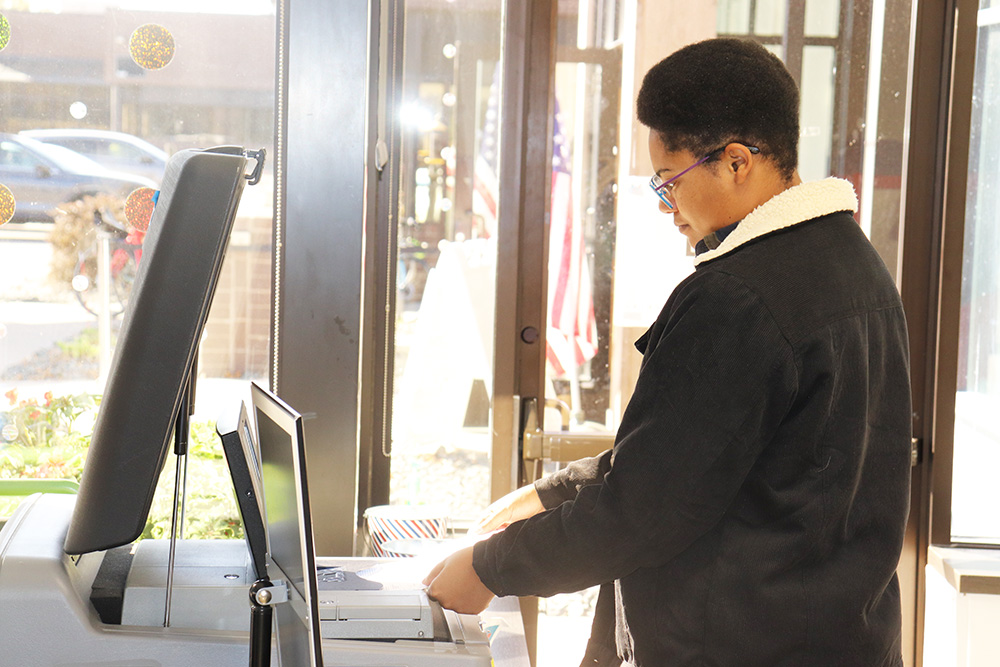
Although most are African immigrants tend to vote for Democrats, Omar said the lack of consensus among African immigrants to vote as a single bloc isn’t a bad thing.
“All of our perspectives are important in a strong democracy, no matter who we end up voting for,” Omar said. “But there is no question that African voters play a vital role in every election in Minnesota – local, county, state, and federal.”
Omar credited Minnesota’s strong culture of community engagement in local caucuses, open meetings laws, and robust independent local media for the strides African immigrants like her have made politically.
“Many of us know firsthand what it is like to not have a democracy, and that makes it all the more precious to us,” she said.
Huldah Momanyi Hiltsley, a Democrat, is likely to make history as the first Kenyan immigrant in the United States elected to a state assembly if she wins as seat on Tuesday to represent District 38A in the lower house of the Minnesota legislature. She called on the African-born voters to come out and make their voices heard for the sake of their families’ wellbeing and aspirations.
“African immigrants have come to this country looking for opportunity, safety, and a place where they can build better lives for themselves and their children,” Hiltsley said. “The policies on immigration, healthcare, education, and economic opportunity are on the line. A strong turnout can influence the direction of policies that impact our communities, from immigration reform to healthcare access, all of which profoundly shape our daily lives.”
Hiltsley said this election could determine whether the United States remained a country that embraced its diversity, or one that risked eroding the progress it had made thus far.
“When African immigrants show up at the polls, we protect our families, our dreams, and our future,” she said.
Hiltsley said the choice for African immigrants was clear and it was Harris, who she said would likely continue a tradition of diplomacy, engagement, and collaboration with Africans on issues like trade, public health, and security.
“In contrast, a Trump presidency could harm African communities through restrictive immigration policies, reduced support for refugee programs, and reduced U.S. engagement with African nations, she said. “Under such a presidency, I fear we would see fewer pathways for immigrants and a continued rollback on civil rights protections, healthcare access, and economic opportunities that help African immigrants and their families succeed.”
Oballa Oballa is a refugee from Ethiopia, who made history in 2020 when he became the first Black person to be elected to the city council of Austin, a small city of about 25,000 residents, located 100 miles south of the Twin Cities. In 2022, he chose to run for an at-large seat on the same city council but lost. Speaking to Mshale, he said, that serving in the city council opened his eyes and gave him insight into how government works.
“There are some things that as an immigrant or as a community you don’t get to see if you are not at the table,” he said.
Since he left office, Oballa said he has continued public service through committees that Austin’s mayor appointed him to. But lately, he has been engaged in outreach to African immigrants to explain to them why it is important to vote.
“This election is very crucial and African immigrants and refugees can play a big role, especially in rural areas because we have so many of them now moving there,” Oballa said. “They can have an impact by going out and voting and it will be a great advantage for whatever candidate they’re leaning toward.”
Oballa said the most challenging thing about getting African immigrants to vote was that a lot of them didn’t know that they could take hours off work to go cast their ballots.
“Your employer will not penalize you for asking to go and vote,” he said. “ So, go vote because this Tuesday’s election will speak very big volumes for all of us about the future that will come, especially those refugees and immigrants who have [immigration] cases and still want to bring their families here.”
About Edwin Okong'o - Mshale Contributing Editor
Edwin Okong'o is a Mshale Contributing Editor. Formerly he was the newspaper's editor.

